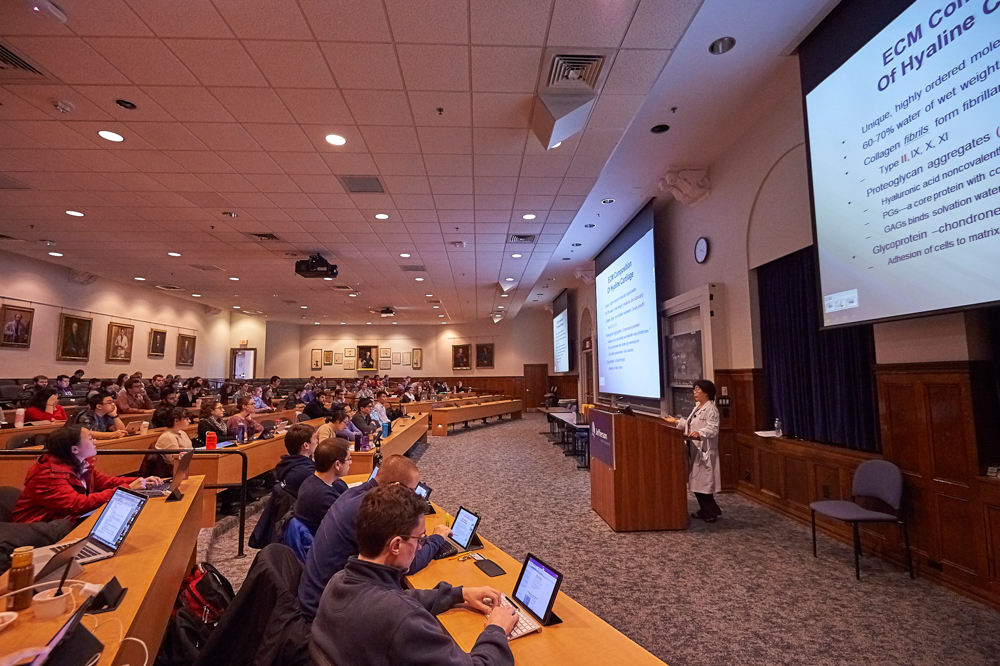We encourage all faculty to become educated consumers of the information we share about our University. Social media is an excellent way to keep abreast of all our University happenings. Other online channels worth visiting include your college website home page as well as Jefferson.edu. Both are updated regularly with important University news.
Our most recent addition to share our news, and tell the stories the public should know more about, is our website we call The Nexus. Nexus is a connection or series of connections linking two or more things, bringing ideas to life. It also describes our collaborative, real-world approach to learning at Jefferson. So it makes perfect sense that The Nexus website is home to the great stories about faculty and students that make Jefferson unique in higher ed. Visit the site often. Content is refreshed every week.




